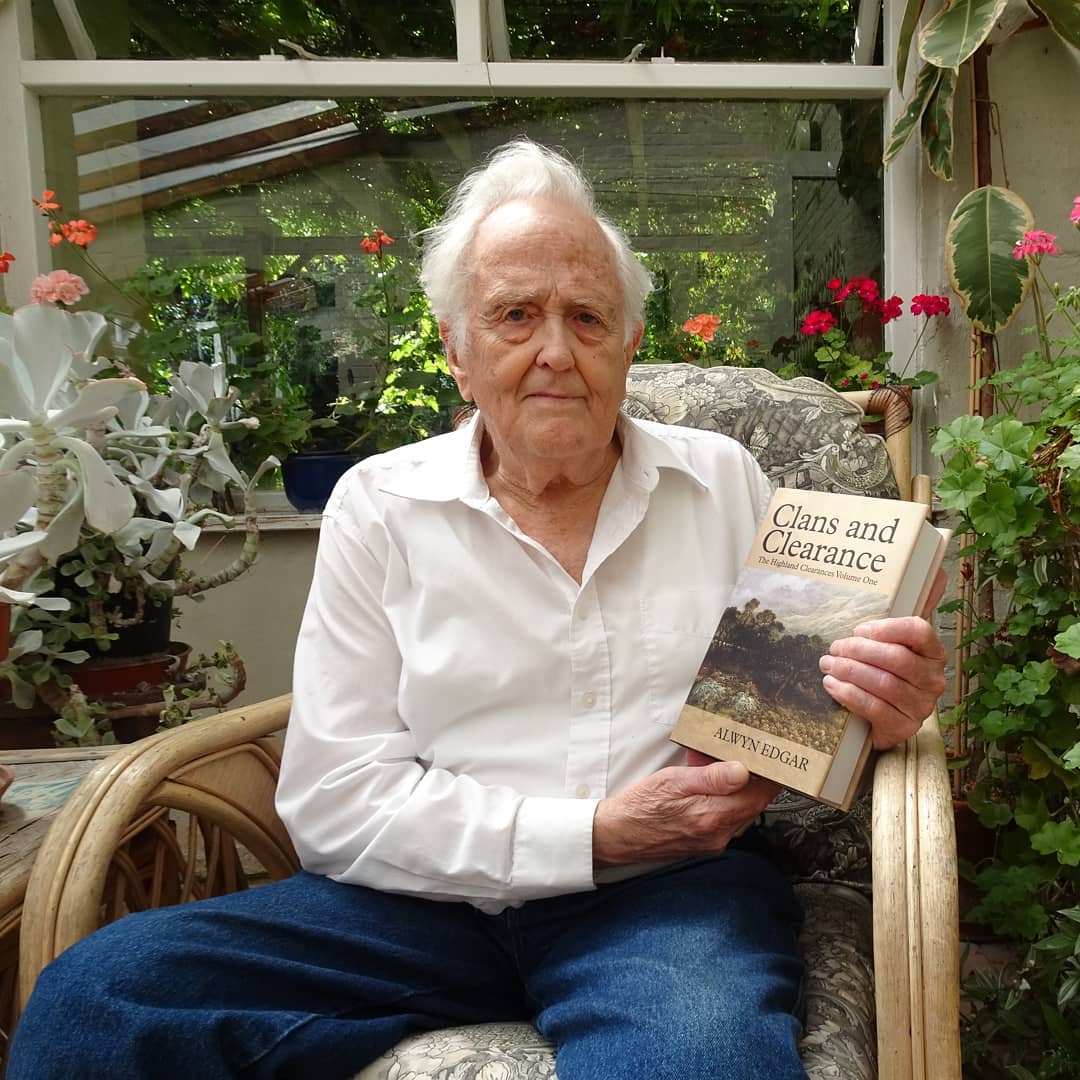Alwyn Edgar was born in Canada in 1928, living in Saskatchewan and then Manitoba, the second child of English parents who in 1932 returned to their home country. Alwyn’s older brother was born in Tasmania; and when he began his school career at Ardwick Central in the not-very-prosperous district of Ardwick, Manchester (later the site of a slum-clearance scheme) he found, when replying to questions as to where he and his brother were born, that your story has to sound likely if you want to be believed. (Where were you born?” “Canada.” “And where was your brother born?” “Australia.” “Oh yeah?”)
Alwyn lived as a child in Lancashire, Cheshire, Yorkshire, Derbyshire, and London (West Hampstead); since then he has lived in Dartmouth, South Wales, Jersey, Oxford, London (Blackheath and Golders Green), Oulton Broad, and north Norfolk. This moving about meant that he went to nine schools; four primary and five secondary, culminating in four and a half years at University College School, Hampstead.
He did his National Service by working two years underground at Penallta Colliery, near Ystrad Mynach in Glamorgan (following his grandfather – David Edgar, born 1850 – who worked from nine to seventy-three, in the Cumberland leadmines 1859-67, and in the Durham coalmines 1867-1923).
He then read history for three years at University College, Oxford, gaining the M.A. degree. Then he read law at the Inner Temple and (externally) at London University, gaining the LL.B. degree, and was called to the bar having been placed eighth in the Bar Finals. He practised at the bar for a time, before deciding it was not his chosen metier.
He had already become fascinated by the history of the Scottish Highlands, and began collecting all the information he could as to the Highland clearances. Since then he has worked as a teacher, lecturer, and local broadcaster (not to mention as an actor and a fiddle-player), and in various other occupations, while writing his volumes on the Highland clearances, which are now being published. He began writing volume one in 1963, so he cannot be accused of undue haste.
